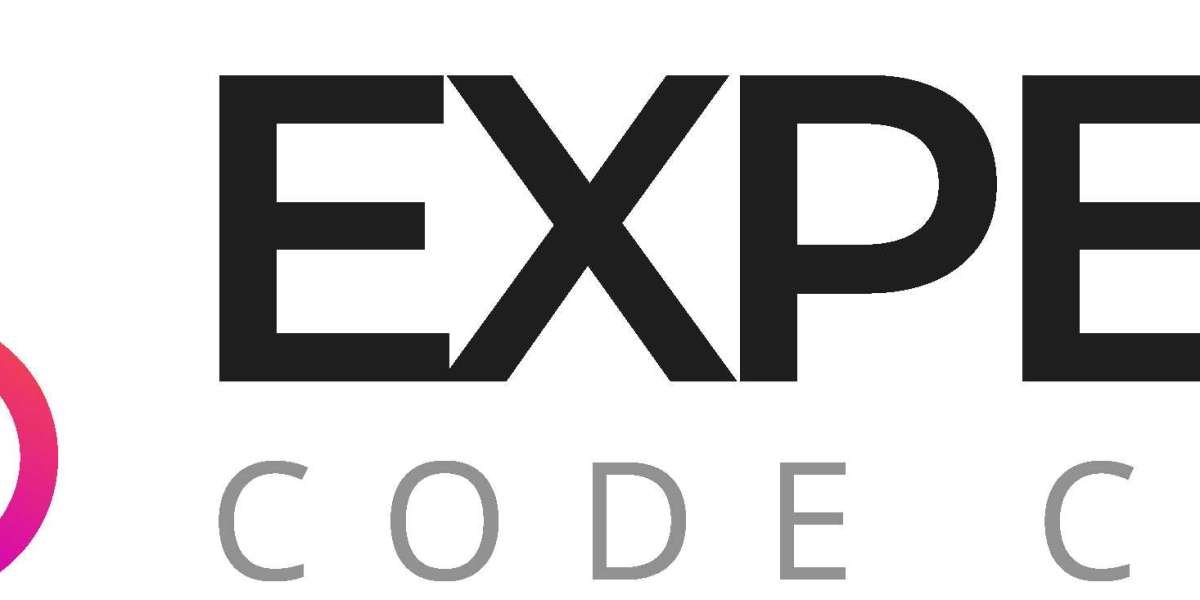As a consultant, navigating the intricacies of income tax is essential for managing your finances effectively. Whether you're a freelance consultant or part of a consulting firm, understanding how income tax works can help you optimize your earnings and ensure compliance with tax laws. This guide aims to provide comprehensive insights into income tax for consultants, covering key concepts, deductions, and best practices.
Understanding Taxable Income:
- For consultants, taxable income includes earnings from consulting services, fees, bonuses, and any other compensation received for your expertise.
- Differentiate between gross income and net income, factoring in business expenses, deductions, and allowances.
Tax Filing Obligations:
- Determine your filing status (e.g., self-employed, sole proprietor, or corporation) based on your business structure.
- Know your tax filing deadlines and ensure timely submission to avoid penalties.
Business Expenses and Deductions:
- Keep detailed records of all business-related expenses, including travel, office supplies, equipment, and professional development.
- Understand deductible expenses and take advantage of deductions to reduce Direct tax services.
- Consult with a tax professional to maximize allowable deductions while staying compliant with tax regulations.
Estimated Tax Payments:
- Consultants often need to make quarterly estimated tax payments to cover their tax liabilities.
- Calculate estimated tax payments accurately to avoid underpayment penalties and maintain financial stability throughout the year.
Retirement Planning and Tax Advantages:
- Explore retirement savings options such as Individual Retirement Accounts (IRAs) and Simplified Employee Pension (SEP) plans.
- Understand the tax advantages of contributing to retirement accounts, including potential deductions and tax-deferred growth.
Tax Credits and Incentives:
- Research available tax credits and incentives for consultants, such as the Qualified Business Income Deduction (QBI) or research and development credits.
- Take advantage of tax-saving opportunities to optimize your tax liability.
Tax Compliance and Record-Keeping:
- Maintain accurate financial records and receipts to support tax filings and deductions.
- Stay updated on changes to tax laws and regulations that may impact your consulting business.
- Consider using accounting software or hiring a professional accountant to streamline record-keeping and ensure compliance.
Seek Professional Guidance:
- Consult with a tax advisor or accountant specializing in self-employment and consulting taxes.
- Get personalized advice on tax planning, deductions, and compliance tailored to your specific consulting business.
Conclusion: Navigating income tax as a consultant requires careful planning, record-keeping, and compliance with tax laws. By understanding key concepts, maximizing deductions, and seeking professional guidance, consultants can optimize their tax liabilities and achieve financial success. Stay informed, proactive, and diligent in managing your tax obligations to support the growth and sustainability of your consulting business.








